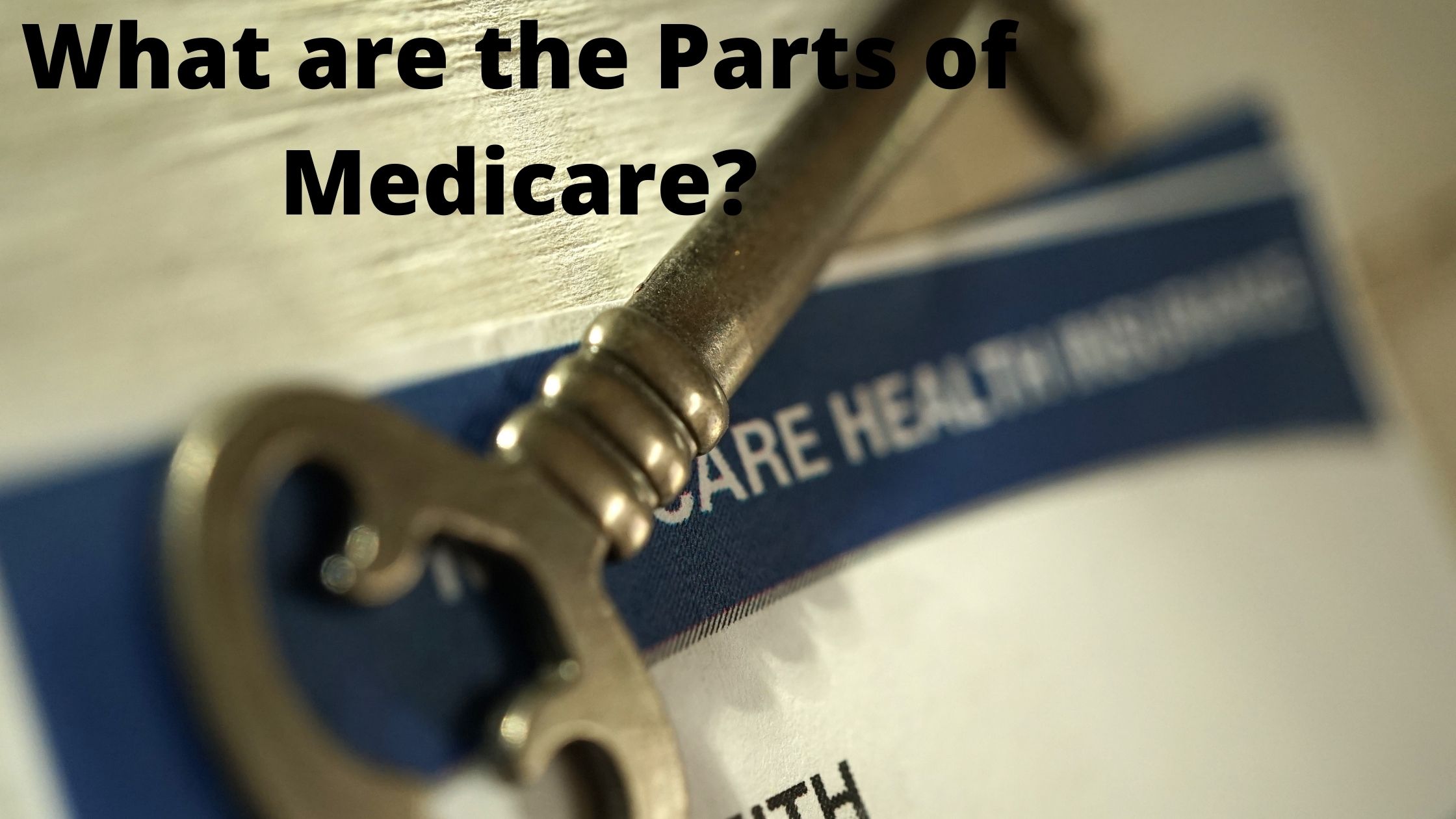As the population of senior citizens and those with disabilities continues to grow, so too does the demand for health insurance options. Medicare, the government-run health insurance program for seniors, has been around since 1965 and has evolved over time to cover a wider range of medical expenses. However, there are still some important things to know if you’re considering Medicare coverage for your family.
What is Medicare?
Medicare is a government-run health insurance program for people over the age of 65, and people with disabilities.
Medigap coverage is an insurance policy that helps cover some of the costs of Medicare.
There are three types of Medigap coverage: A Medigap policy, a Medicare supplemental policy, or a Medicare Advantage policy.
Each type offers different benefits and protections.
For example, a Medigap policy may cover medical expenses not covered by Medicare, while a Medicare supplemental policy may provide additional benefits such as prescription drug coverage.
You can find more information about Medigap coverage on the Centers for Medicare and Medicaid Services website.
What are the Parts of Medicare?
The Medicare program is a government-funded healthcare insurance program for people aged 65 and older, people with disabilities, and people with end-stage renal disease. The program provides coverage for hospitalizations, doctor visits, prescriptions, and other medical services. Medicare also covers a variety of preventive services, such as screenings and birth control.
To qualify for Medicare, you must be aged 65 or older, have been registered as a resident of the United States for at least five continuous years prior to the month you become eligible for Medicare benefits, have been a citizen of the United States for at least nine months prior to the month you become eligible for Medicare benefits, and have paid all your federal income taxes. You may also be eligible if you are spouse of an eligible individual, or if you are the parent of an individual who is permanently blind.
In addition to meeting the eligibility requirements listed above, many seniors also need to meet certain financial limitations in order to qualify for Medicare. These financial limitations are known as Part A deductible and Part B deductible. The Part A deductible is $1,254 per year in 2019. The Part B deductible is $2,908 per year in 2019. If you do not meet
Types of Coverage
Medigap coverage can be categorized according to the type of coverage you need:
Standard Medigap Coverage:
This type of coverage is for people who do not have any other health insurance. It includes coverage for hospital expenses, doctor visits, prescription drugs, and other medical expenses.
Supplemental Medigap Coverage:
This type of coverage is for people who have other health insurance but want to supplement it with additional coverage for medical expenses. It includes coverage for hospital expenses, doctor visits, prescription drugs, and other medical expenses.
Long-Term Care Insurance:
Long-term care insurance can help cover the costs of long-term care services. This can include things like nursing home care, assisted living, and home health care.
How to Get Medigap Coverage?
If you are a senior citizen or have a physical disability, you may be eligible for Medigap coverage. Medigap is short for Medicare supplement insurance. This type of coverage is available through private companies and supplemental insurance plans, known as “Medigap policies.”
To find out if you are eligible for Medigap coverage, first consult your state’s Medicaid website. Next, review the current Medigap policies offered in the marketplace. If you do not find a policy that meets your needs, compare the prices and features of several different policies before choosing one.
In order to enroll in a Medigap policy, you will need to file a application with the insurance company that offers the policy. You can also obtain information about Medigap policies by contacting your state’s Medicaid office.
There are a few things to keep in mind when filing your application:
-You must be 65 years of age or older to enroll in a Medigap policy;
-You must be able to provide proof of identity and residency;
-You must be able to provide proof of income (if you are using the policy as your primary source of coverage).
What if You Can’t Afford Medicare?
Medicare is a government-run healthcare program for people aged 65 or older and people with disabilities. If you can’t afford Medicare, there are other options available to you.
Medigap coverage is the name for a type of insurance that helps cover the costs of healthcare. Medigap coverage can include things like hospital and doctor visits, prescription drugs, and medical equipment.
There are a few things you need to know about medigap coverage before you buy it. First, make sure that you are eligible to purchase medigap coverage. You must be covered by Medicare, have no other health insurance, and be able to pay the premiums. Second, be sure to compare medigap policies carefully before you buy one. There are a lot of different types of medigap policies available, so it is important to choose the right one for you. Third, make sure that your policy includes coverage for hospitalization and doctor visits. Fourth, make sure that your policy covers pharmacy costs and medical equipment. Fifth, check the terms of your policy so that you understand what is covered and what is not covered. Sixth, keep your policy in good shape by getting regular updates and renewing it as
Summary
Medigap Coverage for Seniors and the Disabled
Medigap is an insurance program that helps seniors and people with disabilities afford premiums and benefits for healthcare. Benefits can include discounts on prescription drugs, hospitalization expenses, and more. Medigap plans vary in terms of coverage and benefits, so be sure to ask your insurer about what’s included.
If you’re a senior or have a disability, make sure you read your policy carefully to see if it includes medigap coverage. If it doesn’t, consider getting a medigap plan through a government program like Medicare or Medicaid.
brief summary of the blog section

